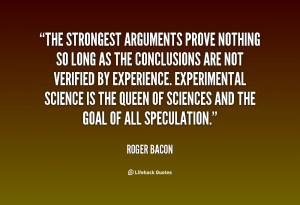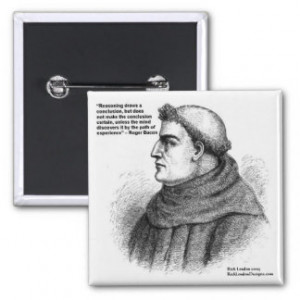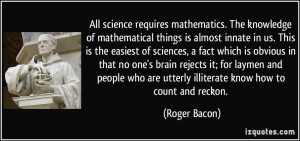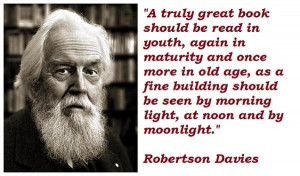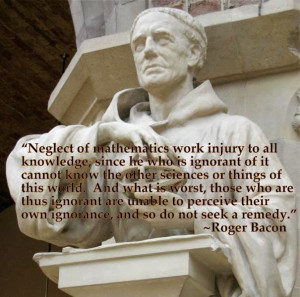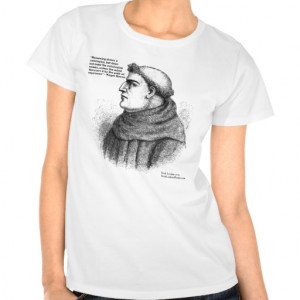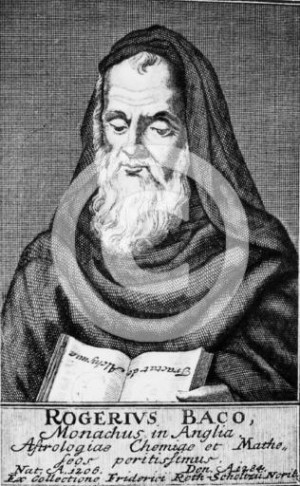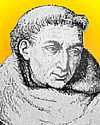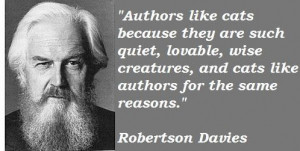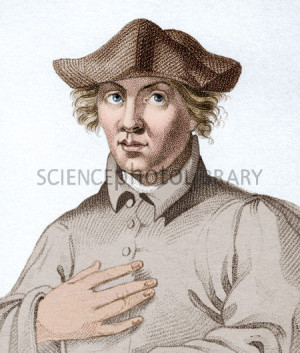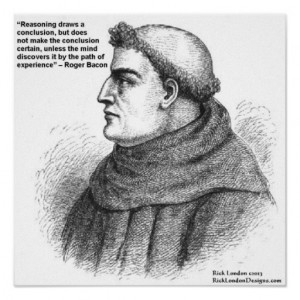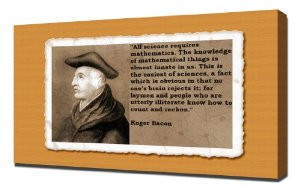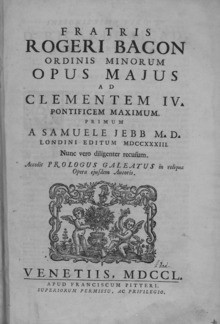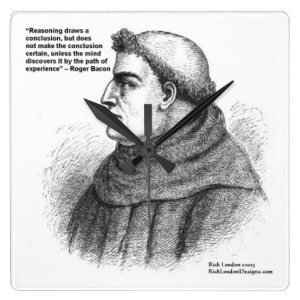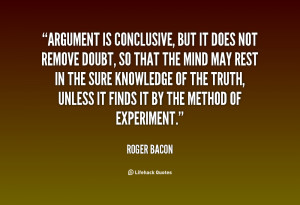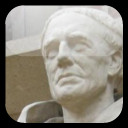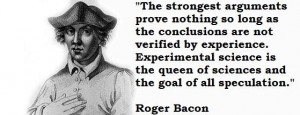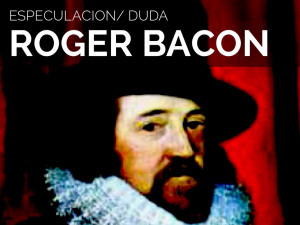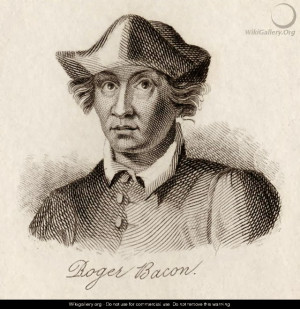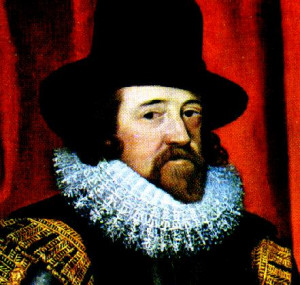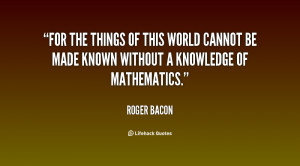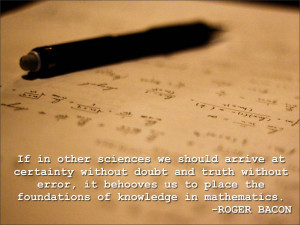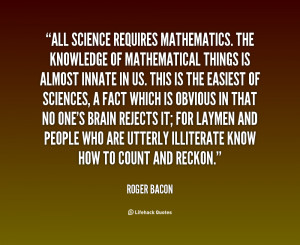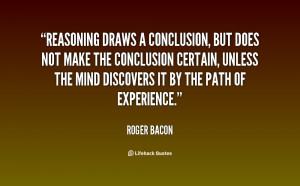Roger Bacon — English Philosopher died on December 29, 1294
Roger Bacon, OFM, also known by the scholastic accolade Doctor Mirabilis, was an English philosopher and Franciscan friar who placed considerable emphasis on the study of nature through empirical methods. In the early modern era, he was regarded as a wizard and particularly famed for the story of his mechanical or necromantic brazen head. He is sometimes credited as one of the earliest European advocates of the modern scientific method inspired by Aristotle and by later scholars such as the Arab scientist Alhazen. His linguistic work has been heralded for its early exposition of a universal grammar. However, more recent re-evaluations emphasise that Roger Bacon was essentially a medieval thinker, with much of his "experimental" knowledge obtained from books in the scholastic tradition. He was, however, partially responsible for a revision of the medieval university curriculum, which saw the addition of optics to the traditional quadrivium. A survey of how Bacon's work was received over the centuries found that it often reflected the concerns and controversies that were central to his readers... (wikipedia)

